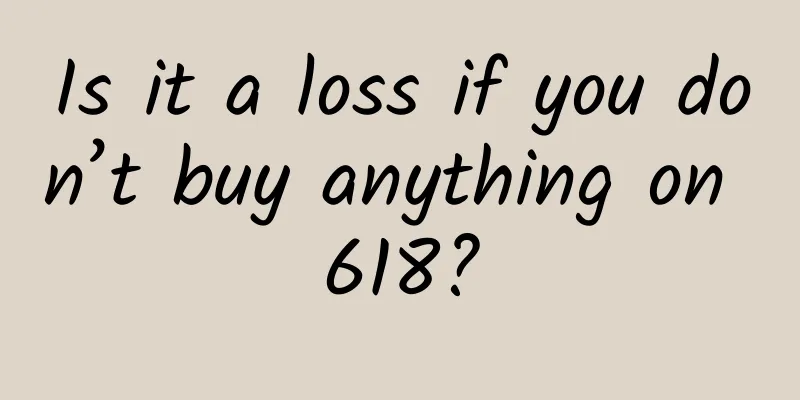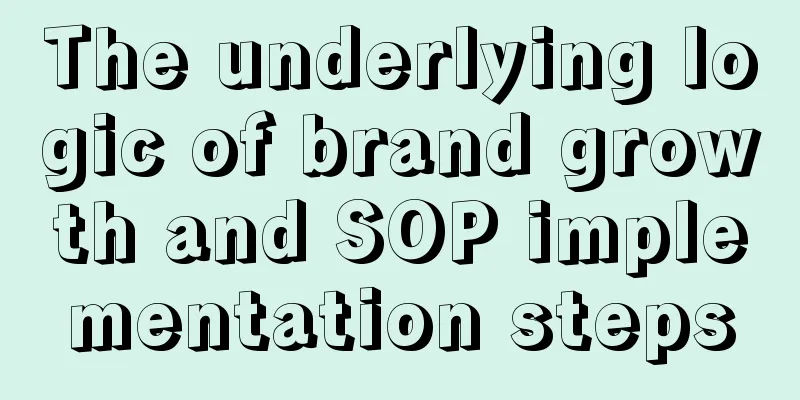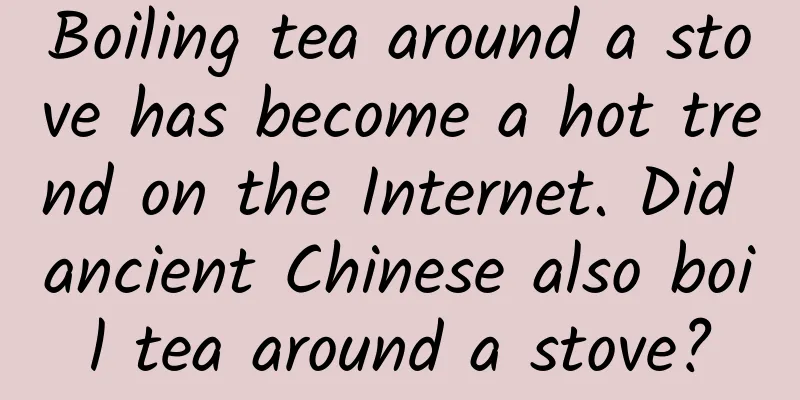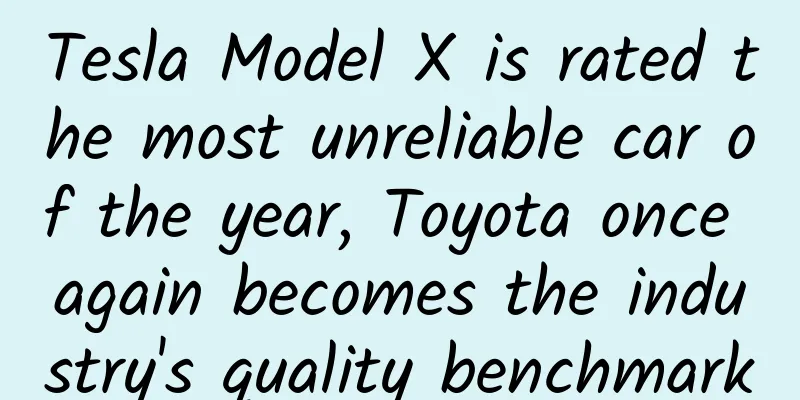Is it a loss if you don’t buy anything on 618?

|
Part 1 618 has arrived Dear, has the hand that was chopped off last year grown back? Every year during the 618 shopping carnival, no matter how complicated the discount rules are or how unclear the discounts are, they cannot stop the urge of people to go shopping crazily. However, after the crazy shopping, how many people look at their bank card balances and Huabei bills and sigh: "Alas... Every year they say to be calm, but why can't I control my hands!" But on second thought, do you feel: 618 stuff is so cheap, wouldn’t it be a loss if I don’t buy it? No, I have to buy it! Life is already so hard, can't I indulge myself once on 618? No, I have to buy it! Dating is not as good as shopping on Taobao, it's so fun to buy, buy, buy. No, I have to buy! Although these reasons for buying things seem normal, how many of these impulsive purchases are actually what you need? A statistical study by domestic scholars shows that consumers are dissatisfied with these impulsive purchases as much as 62%. Yes, you were out of your mind that night on June 18, and that’s why you bought so many fancy things. It is always bad for young people to act on impulse. As the saying goes, "Buying, buying, buying is fun, but paying back is a disaster." In addition to bringing you a heavy financial burden, these impulsive purchases actually reflect your recent mental health status. Part 2 “If you don’t buy during a discount, you’ll suffer a loss” Is this mentality normal? Before 618, how many people stayed up all night studying Taobao’s complicated promotional rules, constantly comparing which products were cost-effective to buy, hoping to get a bargain on 618. After all, if they don’t buy now, they will have to buy at the original price later, which would be a huge loss! Why do we feel that not getting a good deal is a big loss? This is all due to the "loss aversion" psychology, which was proposed by economist Kahneman. He believes that people feel more pain when they lose something than when they get it. We can try to make a coin tossing game. The rule is that if the coin is facing up, you will get 300 yuan, and if the coin is facing down, you will lose 200 yuan. Would you choose to play this game? Let's analyze this game first. The probability of the coin landing on heads up and heads down is 50%. If you win, you get 300 yuan, and if you lose, you lose 200 yuan. From the perspective of mathematical expectation, playing this game is profitable, so rationally we should play this game. But if your answer is no, then congratulations, your choice is the same as most people's. Because people are loss-averse, and their sensitivity to loss is much higher than their sensitivity to gain. Kahneman's further research also confirmed that the pain of losing 100 yuan is about twice the pleasure of gaining 100 yuan. The same goes for "If you don't buy on June 18, you'll lose a lot of money." In fact, what people care about is not how much cheaper it is, but whether they get the bargain. Thinking that they will have to buy at the original price in the future will create a psychological sense of loss. In order to avoid the unpleasantness caused by loss aversion, people do not hesitate to take out their long-forgotten calculators and frantically study the discount rules. In high school, I always complained about the use of learning so much math, but now it can finally be used. However, merchants are also very smart. Many e-commerce platforms are taking advantage of loss aversion in reverse , trying to reduce the pain people feel when paying. Imagine if you had to pay cash every time you bought a large item worth tens of thousands of dollars, the sales of merchants would probably drop significantly. So they have launched the installment payment function, splitting large purchases into small repayments, which greatly reduces the pain of payment and makes it more difficult to curb consumers' impulse to buy. Although the mentality of "not buying during the 618 discount period will result in a loss" is normal, the shopping behavior resulting from this is not necessarily rational. Part 3 Can't help buying Is life a bit "south" lately? If we only care about whether the product is good or not, we probably won't buy expensive AJ sneakers, or go to the counter to buy a Dior 999. However, in the modern society where consumption is constantly upgrading, when we shop, we not only pay attention to the practicality of the product, but also pay attention to the symbolic meaning of the product. When we focus on the symbolic meaning of goods, it is easy to make impulse purchases. Because if we buy goods only for their practicality, this kind of purchase behavior is often not impulse purchases. Most impulse purchases are due to the symbolic meaning of goods, hoping to express self and social identity, improve one's mood and self-confidence, etc. by buying these goods. Theoretical model of impulsive spending (Dittmar, 1996) According to the social construction theory proposed by Ditter, impulsive consumption reflects the consumer's self-image. The adult world is never easy. When people always lament why life is so difficult, it is often because of self-discrepancy , that is, the difference between the actual self and the ideal self has not reached the ideal state. For example, we hope that we can graduate smoothly, but the reality is that we can't write a paper; we hope that we can get a promotion and a raise, but in fact we are just a salted fish who works on a low salary; we hope that we can have a sweet love, but in fact our emotions are full of twists and turns... When people are in a state of self-discrepancy, they often show negative emotions such as low self-esteem, frustration, depression, anxiety and shame . At this time, people will try to regain self-consistency through some compensation mechanisms . Some people compensate by exercising or overeating, while others compensate by impulsive consumption. Through uncontrolled shopping behavior, these people's self-concepts are enriched, their social identities are affirmed, and their moods are improved, thus achieving temporary self-consistency. But unfortunately, reality tells us that impulsive consumption may not be a good compensation strategy, because most people will feel negative emotions such as regret afterwards, and self-consistency will be destroyed again, thus creating a vicious circle. Therefore, when you are desperate to go shopping on Taobao, instead of calculating these complicated discount rules, it is better to calm down and think about whether you have been in a bad state recently, causing you to unconsciously want to compensate yourself through excessive shopping. Part 4 Can't control your shopping urges? Beware of compulsive spending Almost everything that brings us pleasure is addictive, and impulsive spending is no exception. But it is not the possession or use of goods that leads to addiction, but the process of letting go of self-indulgent buying that makes people unable to stop. When you find that you always repeat this impulsive spending behavior periodically, and regret it later, but can't control your hands, you may have fallen into compulsive buying. Compulsive spending is listed in the Diagnostic and Statistical Manual of Mental Disorders ( DSM-3), but it was cancelled in the fourth edition of DSM-4. However, the International Classification of Diseases (ICD-10) classifies compulsive spending as other obsessive-compulsive disorders, so compulsive spending is also a kind of obsessive-compulsive disorder. Raab et al. conducted a functional magnetic resonance imaging (fMRI) experiment to study the cognitive neural mechanisms of compulsive consumption by comparing it with ordinary people. Their research was carried out in the following stages: Product viewing stage: When browsing products , the nucleus accumbens of compulsive consumers is significantly activated. The nucleus accumbens is part of the ventral striatum and is often considered the brain's pleasure center, related to activities such as reward, happiness, addiction, and fear. This shows that shopping is really fun. When compulsive consumers see products, they can't help but want to buy them, and the probability of buying them will be greatly increased. Product viewing stage (Raab et al., 2011) Price presentation stage: Regardless of whether they are compulsive consumers or normal people, as long as they do not choose to buy the product later , the insula and anterior cingulate cortex will be significantly activated at this time. The insula is related to human negative emotions , which means that seeing the product but not buying it will indeed make people unhappy, while the anterior cingulate cortex is responsible for detecting cognitive conflicts in the brain. The activation of this brain area shows that these subjects are weighing whether they should buy the product. Price presentation stage (Raad et al., 2011) Decision-making stage: The anterior cingulate gyrus of compulsive consumers showed significant activation. The researchers also conducted a questionnaire survey afterwards, which showed that compulsive consumers had lower self-esteem and self-control, and higher depression scores , but they also did buy more goods. This shows that compulsive consumers are always struggling inside, but because of poor self-control, they cannot control their purchasing behavior, which has led to low self-esteem and high depression over a long period of time. Decision-making stage (Raad et al., 2011) Unrestrained shopping during the 618 shopping festival may seem like a momentary impulse due to the merchants’ promotions and price discounts, but this so-called “momentary impulse” not only reflects your own abnormal mental state and poor self-control, but is also accompanied by a decline in self-esteem and an increase in the risk of depression. Long-term impulsive consumption habits may also lead to compulsive consumption. Finally, let me say this quietly: have you all forgotten that 618 is already the middle of the year? Keep your hands free and count how many of the goals you set at the beginning of the year have been completed? References: 1.Herabadi, AG (2003). Buying impulses: A study on impulsive consumption. [Sl: sn]. 2. Liang Shu. An empirical study on consumer satisfaction based on the integrated model of impulse buying. [J] Statistics and Decision, 2007(13):84~85. 3. Raab, G., Elger, CE, Neuner, M., & Weber, B. (2011). A neurological study of compulsive buying behavior. Journal of Consumer Policy, 34(4), 401. Produced by: Science Popularization China Author: Chen Yufeng Producer: China Science Expo This article only represents the author's views and does not represent the position of China Science Expo This article was first published on China Science Expo (kepubolan). Please indicate the source of the public account for reprinting |
<<: Why is the moon always half-faced? What is hidden on the "other side" of the moon?
>>: What is it like to fall in love with AI? Netizens: It's too addictive!
Recommend
Biopharmaceutical companies carry out major strategic transformation: reversing the dilemma of digital transformation
Download the report: Add 199IT’s official WeChat ...
Doctors remind: If your child has a high fever convulsion, don’t do these 7 things!
In the past two weeks, influenza A virus infectio...
Why do we try every possible means to occupy the circle of friends with "pictures"?
A few days ago, the H5 "Put on Military Unif...
Learn from comics: Detailed explanation of the 4 key factors for getting Apple recommendations
As the competition in the mobile game market beco...
Yutong Bus and Juefei Technology jointly launched autonomous driving technology for the first time in domestic passenger buses
Recently, Juefei Technology cooperated with Yuton...
ACEA: European Electric Vehicle Charging Infrastructure Master Plan (72 pages)
EU-27 Electric Vehicle Charging Infrastructure Ma...
Do you feel safe only when your phone is charged to 100%? These improper operations will damage the battery life
[[423938]] Ever since the concept of "batter...
5-day learning plan of ancient beauty exercises, 5 minutes a day to remove wrinkles, lighten spots and fight aging
Every woman wants to be younger than her peers Sk...
Only 3% of Chinese mobile game developers are profitable? Learn how to make money from mobile game tycoons
Mobile games experienced a round of wild growth i...
【Guxia Wuji】Jianghu Wuji Riding White Horse Tactics Document
【Guxia Wuji】Jianghu Wuji Riding White Horse Tacti...
Drive.ai completes $50 million financing, Andrew Ng joins board of directors
Drive.ai, a rather mysterious self-driving startup...
A woman's splitting headache was actually related to her daily trips to the vegetable market! Doctors: This type of disease has a very high mortality rate
Aunt Mei (pseudonym), 51 years old, from Heyuan, ...
2016 China's overseas mobile application development report!
This report deeply analyzes the development backg...
Robin Li: By the end of November, Baidu will become very "obedient"
Mobile phones have long become a must-have for pe...
Tesla to develop an App store to compete with iOS and Android
Tesla may be developing its own app store to allo...









